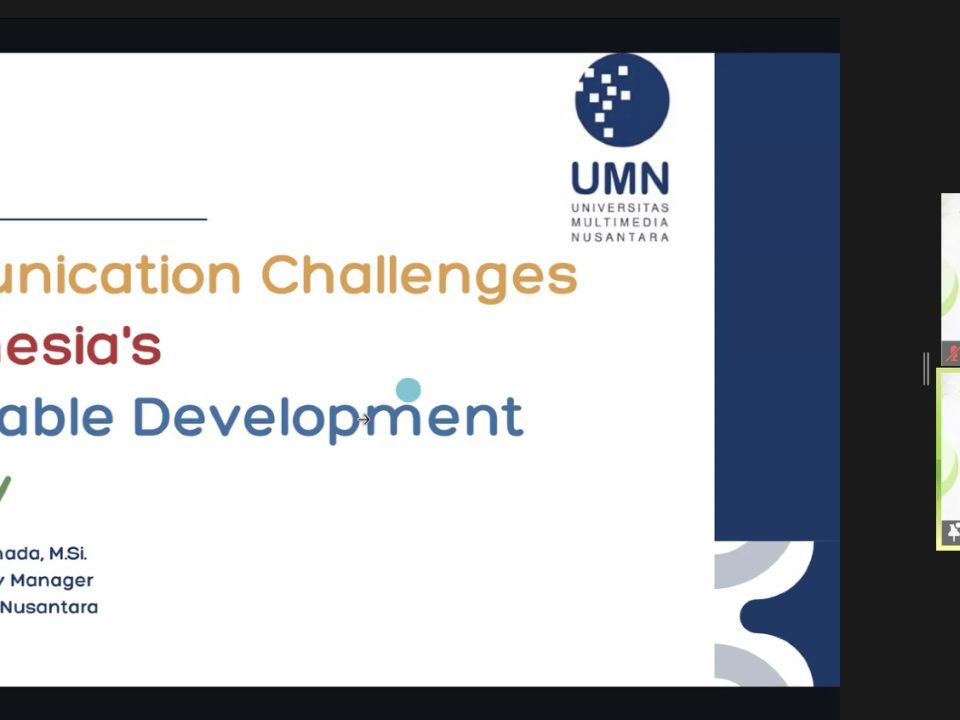
Social Studies Majors to Consider When You Want to Continue Studying
July 14, 2022
Majors to Become a Data Scientist in the Field of Data Science
July 14, 2022
College life has plenty of college terminologies that new students must know. (source: Pexels)
College Terminologies are essential for new students. After choosing the major you want, you must be prepared to enter a new phase of being a student. As a new student, you will not only learn new things but also struggle in a new environment, new relationships, and a new system when studying.
Regarding the system, several college terminologies are very different from the terms used in school. To avoid being confused, you must know some college terminologies that new students must know. Read along!
College terminologies 1: Study orientation and campus introduction (Ospek)
The first college terminologies you will encounter are study orientation and campus introduction (orientasi studi dan pengenalan kampus/ospek). You may have heard of this term because it is the first activity for all new students to enter the world of college. Before officially starting classes, ospek is an activity where you’ll join an event aiming to introduce students to the campus and make new friends.
College terminologies 2: Credits
The following college terminology is “credits.” Credits are the number of hours students must take/accomplish to graduate. Generally, students must take 144 credits (undergraduate program) until the end of the semester. Students can only earn up to 24 credits per semester. These credits have various credits, from 1 to 6 credits. Simply put, if you earn 24 credits in the first semester, you need an additional 120 credits to graduate.
However, you must meet the credit requirements for each semester. This depends on the index score for the previous semester. The amount of the semester GPA determines the number of credits that can be obtained.
College terminologies 3: Achievement Index – Grade Point Average (GPA)
In high school, achievement indexes are the ones you’d see on your report cards. Scores work a little differently in college, where the term used is “GPA.” In Indonesia, there are two achievement indexes: “IPS” and “IPK.” IPS is the score you get each semester, while IPK (also known globally as GPA) is the average of all your semester scores combined.
GPA indicates the success rate of the study, with the highest score of 4.00. Students who achieve a GPA over 3.50 will receive an excellent evaluation. The GPA score is shown in the transcript, and some companies may use the GPA as one of their recruitment eligibility.
College terminologies 4: Course Selection Sheet (Kartu Rencana Studi/KRS)
The next college terminology is the Course Selection Sheet (CSS). CSS is a list of courses that students will take each semester. First-year students may not be used to completing KRS or even need to do so because usually, the college packages the courses new students need to take in the first couple of semesters. Depending on each college, usually, students will start having to fill the CSS (choosing what courses they want to take) in the 3rd semester and above. Students will complete the CSS online after the registration requirements are fulfilled. You can also consult with your academic supervisor about the study plan. Always obey the schedule for filling out the KRS in your academic calendar, and don’t miss it, or else you won’t be able to take your required courses.
College terminologies 5: Study Results Card (Kartu Hasil Studi/KHS)
Study Results Card is the grades of each study obtained by students during the college period. Study Results Card is usually obtained at the end of each semester.
6. Student Identity Card
Student Identity Card functions as an ID card. New students must have an ID card to participate in many academic activities. Students may always be required to wear their ID cards to classes or to scan their attendance.
7. Short Semester
Short Semesters are lecture programs that take place between each class’s odd and even semesters. The purpose of this may vary. It can be for improving grades, re-taking failed classes, missed classes, or accelerating the study period. The short semester aims to make it easier for students who want to repeat any courses to improve their unsatisfactory GPA.
8. Student Executive Board, Student Organization
Student Executive Board (SEB) is an executive board or organization that represents student aspirations. There are also Student Associations that represent each campus department. Last is Student Organizations or Communities, similar to extracurricular activities you’d experience in schools. The goal, of course, is to bring out and develop your talents and interests. If you want to take part in non-academic activities, you can join student organizations.
9. Student ID Number
You may also know Student Identification Number; student IDs are used as identification numbers for students during college periods.
10. Cumlaude
Derived from the Latin word for commendation, cum laude in academia is defined as an honorary degree to graduates who graduate from a bachelor’s program.
Being a new student is fun. But it’s always good to prepare yourself not only with knowledge of the majors, but also about academics and campus life, including all the jargon. By knowing the college terminologies that students should know, you will be better prepared to face the challenges of college life. Keep your spirits up!
You can learn more about other interesting information through the official UMN website. Want to register? You can also choose the online registration procedure according to your preference on the website. Register and start your career with UMN!
Sources:
- UMN official website
- Detik.com
Kuliah di Jakarta untuk jurusan program studi Informatika| Sistem Informasi | Teknik Komputer | Teknik Elektro | Teknik Fisika | Akuntansi | Manajemen| Komunikasi Strategis | Jurnalistik | Desain Komunikasi Visual | Film dan Animasi | Arsitektur | D3 Perhotelan , di Universitas Multimedia Nusantara. www.umn.ac.id





